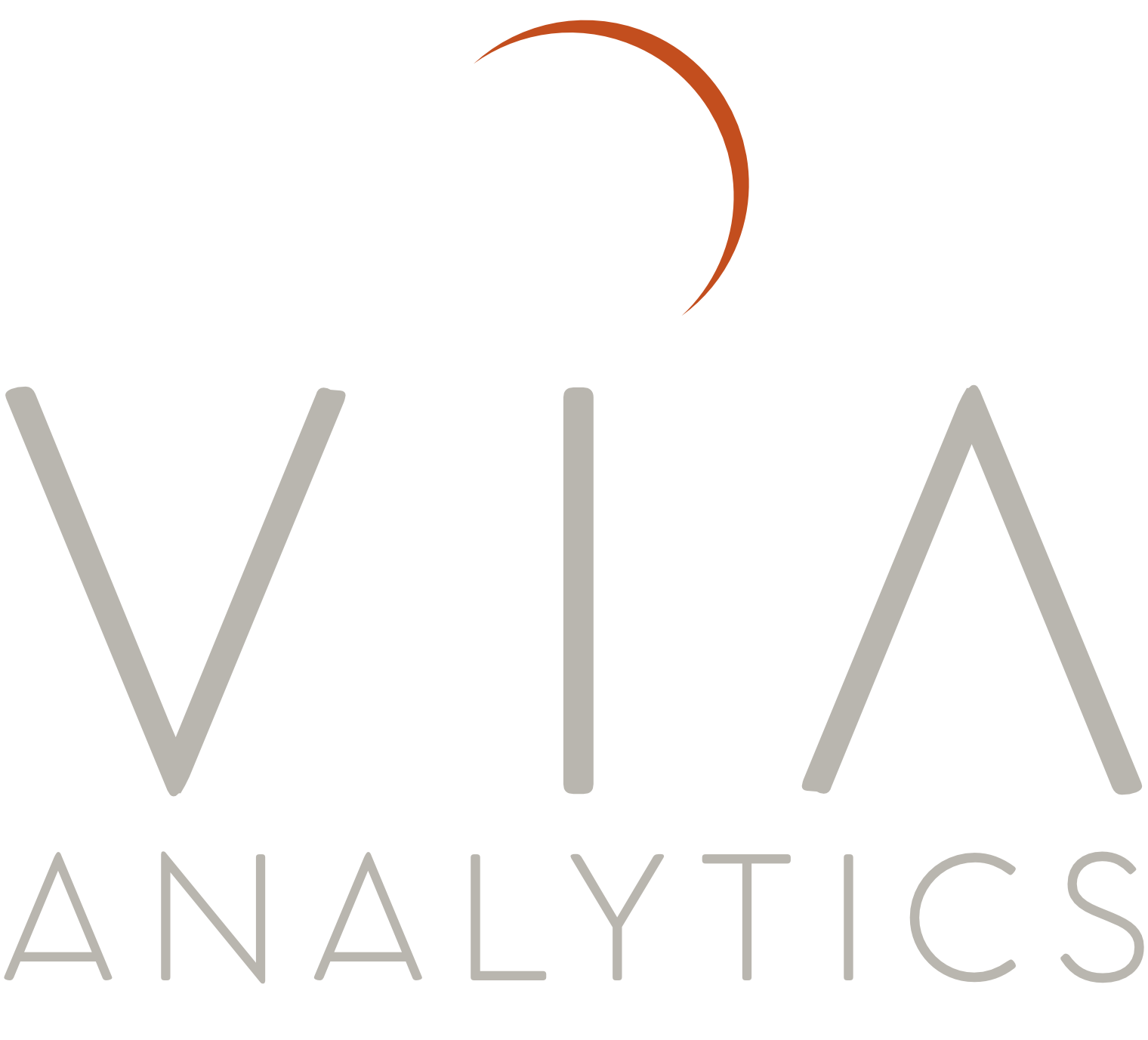Via’s Pathway To Zero Waste
Improve sustainability, increase diversion and move toward zero waste with a complete view of your waste and recycling data.
Via Analytics makes measuring diversion consistent, reliable, actionable and transparent.
Find the value of diversion through measurement.
The Dollar Value of Diversion
Higher landfill diversion rates mean cost savings. Waste diversion reduces disposal costs. It’s really that simple and a key to cost reduction. The more waste diverted away from the landfill, the more dollars saved. The value of diversion can mean significant savings. Via helps companies identify what materials currently in the waste stream can be diverted with analytics and waste audits. Via also measures the progress and reports the success in dollars and materials and weights along the way to zero waste.
The Value of Communicating Diversion
What is the company’s overall diversion rate? What is each facility’s diversion rate? Does the team know what the diversion rate is? Do they see it each month? Does the organization know how the diversion rate is effecting its costs? Does your organization know what is being diverted and what is not? Via Analytics answers those questions and the answers, when communicated, can inform real change. Via’s reports are easily shared with the monthly discipline of waste performance reviews to raise landfill diversion.
The Environmental Value of Diversion
Waste prevention, followed by source reduction, recycling, reuse and composting, avoids land filling. Organizations are raising their waste diversion rates because of the growing awareness of landfill capacity and their environmental impact, notably emissions of methane and other gases, and the pollution of groundwater, surface water and soil. Via enables companies to report their waste diversion and to have insight with their waste. Via is on a mission to measure diversion and share the results. We applaud your efforts to improve diversion and look forward to joining you on the path to zero waste.
ZERO WASTE DEFINED
Zero waste is defined by the Zero Waste International Alliance (ZWIA) as, “the conservation of all resources by means of responsible production, consumption, reuse, and recovery of products, packaging, and materials without burning and with no discharges to land, water, or air that threaten the environment or human health.”
Other organizations, including ZWIA, also add that zero waste communities and businesses that divert 90% of their waste from landfills, incinerators and the environment are recognized for achieving zero waste.





